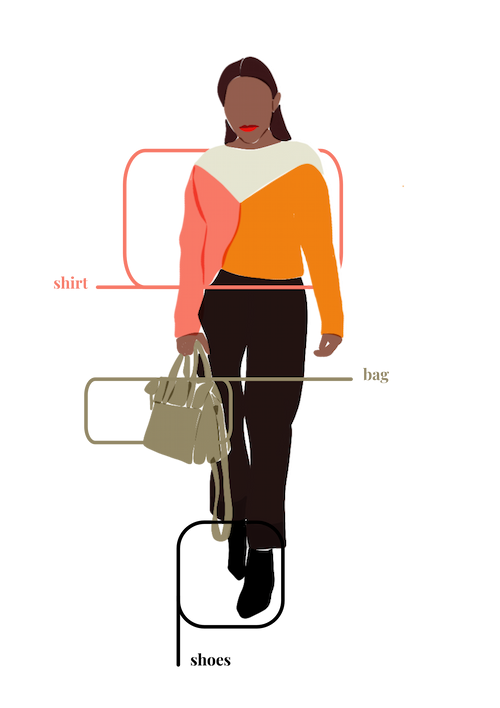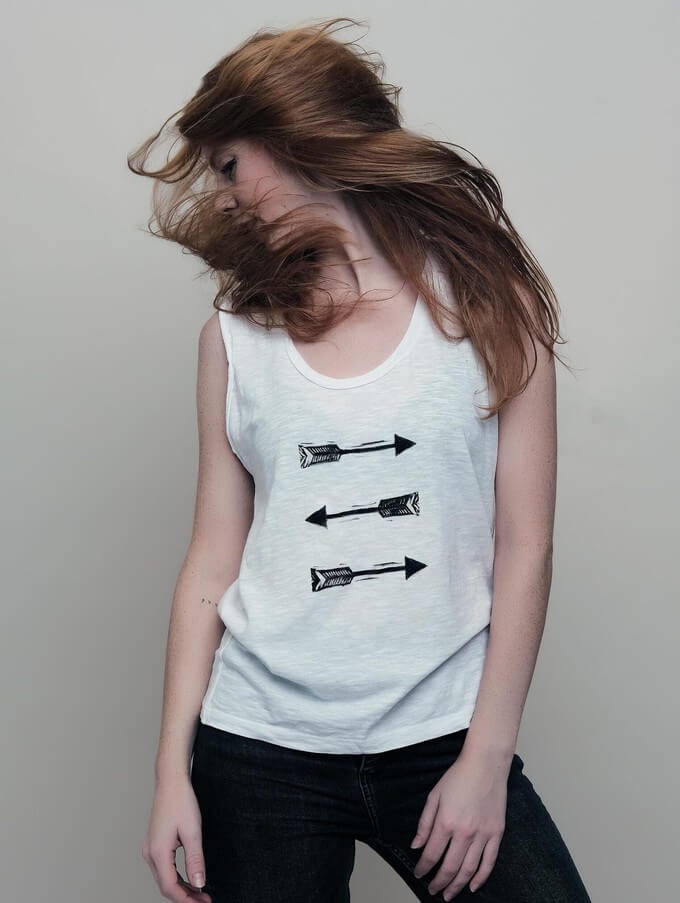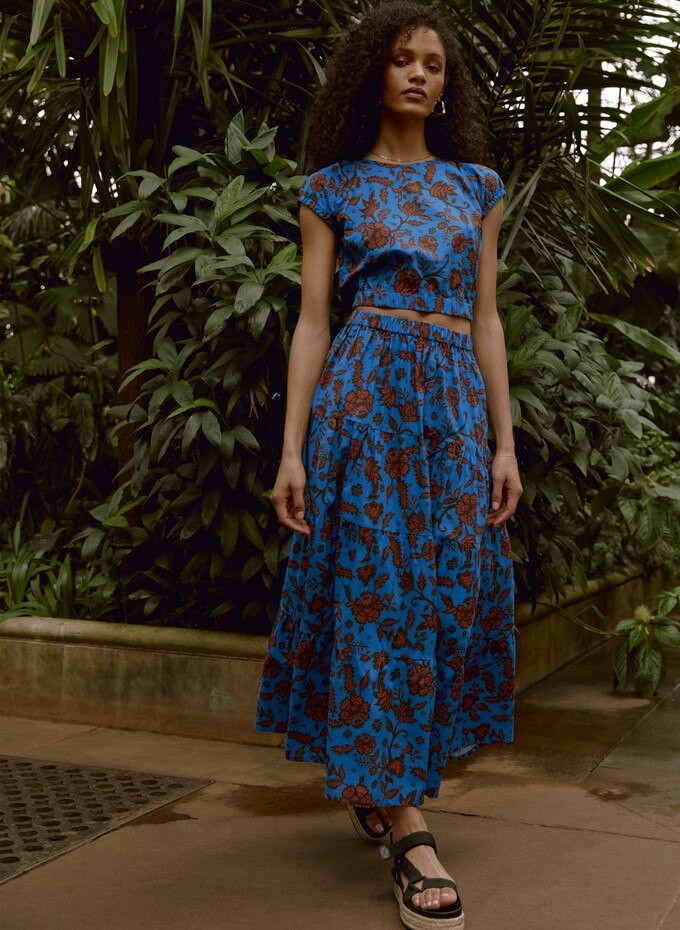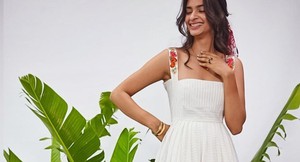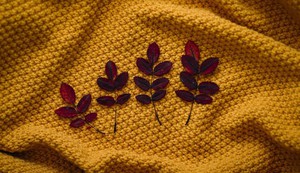- Clothes
- Bags
- Accessories
-
Inspiration
- Shoes
Simple Guide to Sustainable Fashion Certifications

You’ve probably bumped into their logos on some fairtrade brands' websites, but what do these sustainable fashion certifications mean in practice? And can you actually trust them?
What is a sustainable fashion certification?
A sustainable fashion certification is given by an independent third party to confirm that a brand meets specific standards from an eco-friendly or ethical point of view.
In an industry that’s plagued by greenwashing, ethical fashion certifications are incredibly helpful.
After all, anyone can say that their clothes are ‘green’, ‘eco’, or other unquantifiable and vague adjectives. When we talk about specific benchmarks and get a third party involved, however, you can trust that brand with all your eco-conscious heart.
11 of the best sustainable fashion certifications
From fairtrade to vegan materials, these certifications can help you focus on the kind of ‘ethical’ that matters the most to you.
1. Better Cotton Initiative
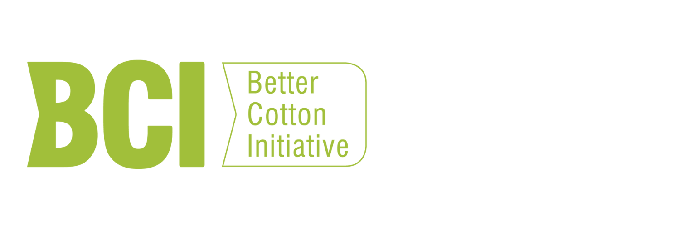
The BCI strives to make cotton cultivation fairer and more sustainable:
- Preserving biodiversity and soil health
- Ensuring sustainable water management
- Reduced use of pesticides
- No child labour or forced work
- Guaranteeing equal pay and legal minimum wage
2. GOTS
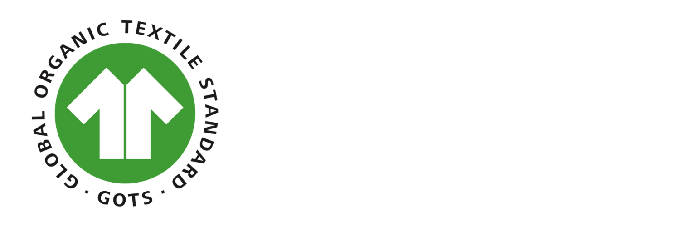
The Global Organic Textile Standard also works hard to make this industry more ethical:
- Using at least 70% or 95% organic fibres (depending on the label)
- GOTS-approved colourants
- Avoiding hazardous substances
- Ensuring health and safety at work
- No child or forced labour
3. PETA
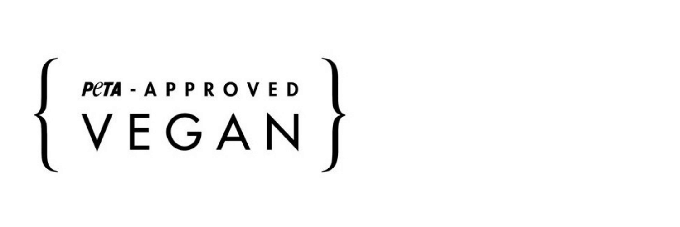
If a product has a People for the Ethical Treatment of Animals certification, it means it’s vegan:
- Free from animal products
- No animals have been involved during the entire production chain
4. B Corp
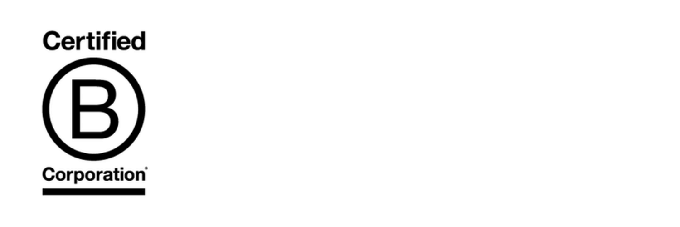
This sustainable clothing certification shows that a company is having a positive impact on the world:
- Impactful and transparent management
- Treating workers ethically
- Contributing to the economic and social well-being of communities
- Good environmental impact
5. Bluesign

The Bluesign sustainable fashion certification has both social and eco-friendly criteria:
- No hazardous substances
- Relying on recycled or certified biological materials as much as possible
- Using water responsibly
- No forced or child labour
- Fair working hours and maternity leave
6. Fairtrade International
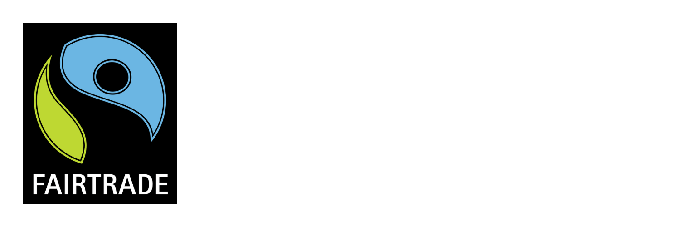
These fairtrade certifications aim to help farmers and workers gain more control over their lives:
- Handling pesticides responsibly and avoiding GMOs
- Handling waste properly
- Avoiding deforestation
- No forced or child labour
- Safe and clean workplaces
- Ensuring maternity leave and legal minimum wage, increasing the latter yearly
7. Fair Wear Foundation
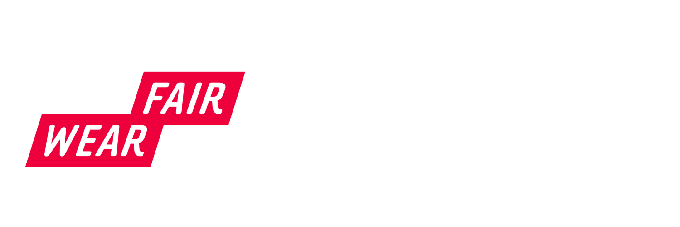
Rather than resources, this ethical fashion certification focuses on labour-intensive clothing production:
- Living wage
- No forced or child labour
- Fair working hours
- No discrimination
8. Global Recycled Standard
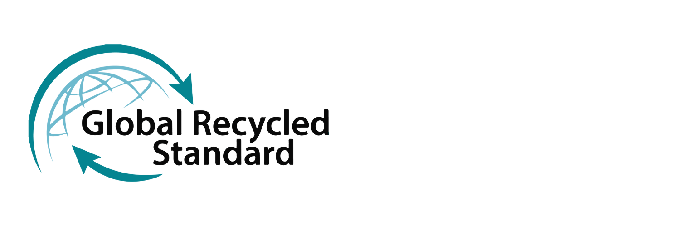
The GRS’s mission is to increase the use of recycled materials:
- Handling waste, water, and energy consumption responsibly
- The final product must consist of recycled materials for at least 20%
- Fairtrade working conditions
9. OEKO-TEX
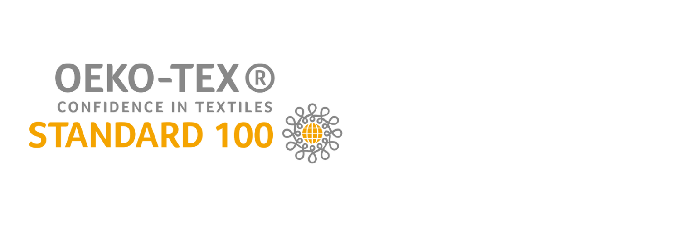
This third party relies on different certification schemes to ensure that end products don’t contain any harmful substances.
10. Responsible Jewellery Council
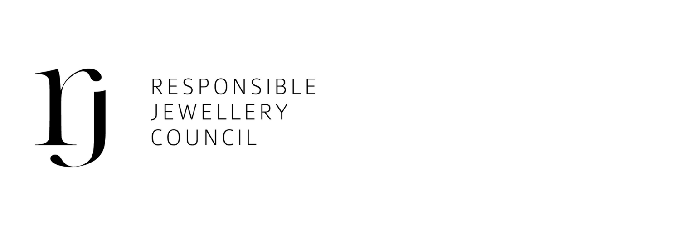
The jewellery industry tends to be far behind when it comes to transparency and ethical production.
So, the RJC focuses on ensuring that the mining of gold, silver, and gemstones isn’t linked to environmental degradation and human rights abuses.
11. SA8000
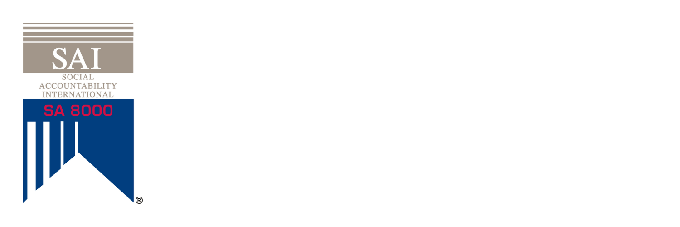
The SA8000 standard demands fair production in clothing factories:
- No child or forced labour
- Clean and safe working conditions
- Right to unions
- Living wage
Using these sustainable fashion certifications as filters
Now that you know what these ethical fashion certifications mean, don’t worry: you won’t have to do all the detective work every time you shop online!
On Project Cece, we brought hundreds of fairtrade brands onto one platform and included handy filters to narrow down your choice.
One of these? Sustainable fashion certificates, of course. You can also see their logos whenever looking at a product that’s met their standards.
Shopping ethical clothes responsibly has never been easier!
Share our story
Related articles
How to Find Sustainable Clothing Easily (Without 100s of Open Tabs)
Worried you’ll fall for greenwashing? Tired of jumping from one online store to the next? We’ve got you. Here’s how to find sustainable clothing in 3 easy ways.
Fashion Greenwashing: Don’t Let Unethical Brands Trick You!
Looking for a greenwashing definition? It’s an immoral PR stunt to deceive clueless eco-conscious consumers. Don’t let companies get away with it!
What Are the Most Sustainable Fabrics? Oh, Sew Eco-Friendly!
‘Natural’ doesn’t always = ‘eco-friendly’! So, here’s a simple list of the most sustainable fabrics, why they’re good for the planet, and how to find them.
Project Cece is a platform that collects ethical fashion from vetted brands and shops in one place. Browse ethical fashion for women and men and find items that fit your style, budget and values!
